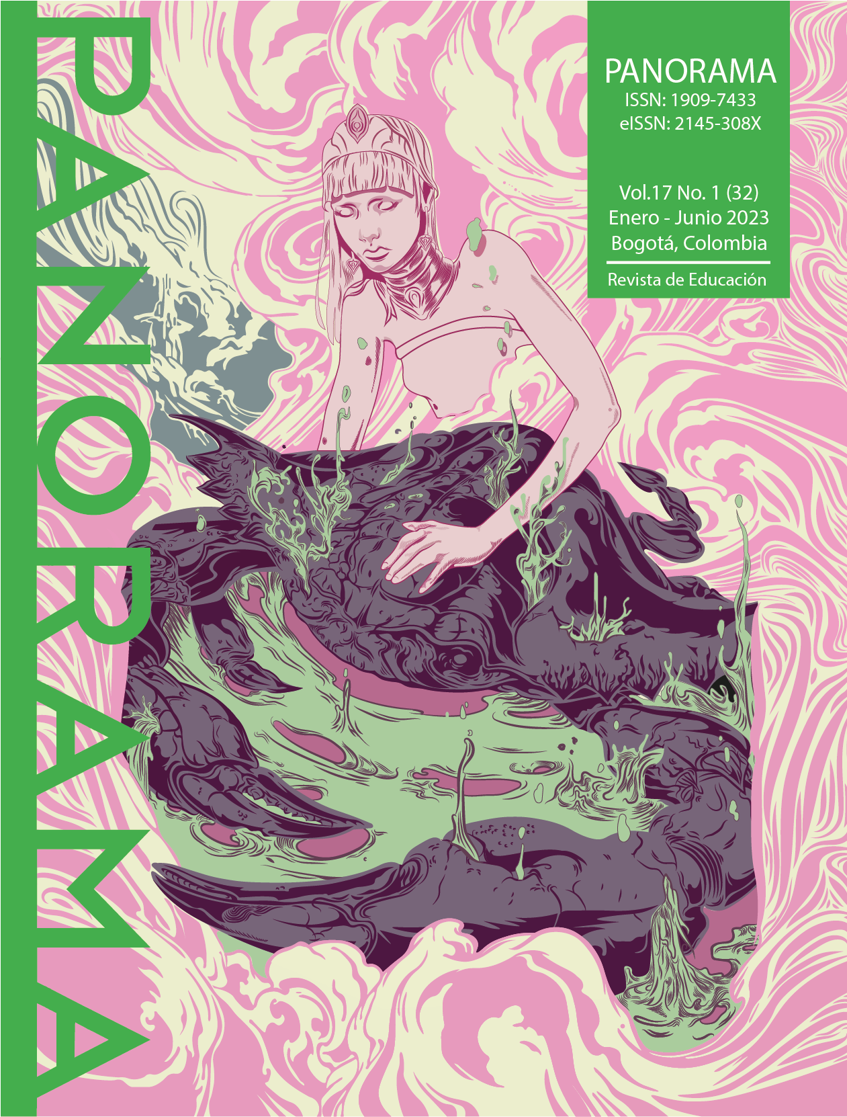Abstract
At the beginning of 2020, a health emergency caused by the COVID-19 virus was faced, which brought changes in the economy, work and education. The latter underwent changes in the didactic strategies that had to be adapted to virtuality. In order to know the educational experience of students and teachers of the School of Library and Information Sciences of the University of Costa Rica, consultations were carried out to know the academic experiences developed to face the crisis, the resources they had, and the perception of the new virtual modalities. The student community was satisfied with the courses received in this modality, the synchronous master classes and short assignments were the most performed activities, and both teachers and students agreed on the need to improve the distribution of time and workload. The opportunities for improvement identified are based on the need to train populations in the use of technology and the organization of time. The academic experience, although in general terms it was satisfactory, invites us to pay attention not only to the proper management of technological resources for educational purposes, but also to rethink the interactions between teachers and students (didactic strategies), as well as the development of other skills. that have to do with the executive part of the brain, such as planning and organizing tasks.
References
Astullido Torres, M. (2015) La integración de las tecnologías de la información y la comunicación en el diseño y la puesta en práctica de estrategias de enseñanza en las ingenierías en el contexto educativo superior mexicano. Trabajo final de graduación para optar por el título de Doctorado Académico en Educación. San José, Costa Rica: Universidad de Costa Rica
Castillo, L. M. (2020). Lo que la pandemia nos enseñó sobre la educación a distancia. Revista Latinoamericana de Estudios Educativos (México), 50, 343-352.
Castrillón, J. E. P. (2020). Prácticas de docencia tradicional en ambientes de educación virtual. Academia y Virtualidad, 13(1), 93-106. DOI: https://doi.org/10.18359/ravi.4295
CEPAL y UNESCO. (2020). La educación en tiempos de la pandemia de COVID-19. https://repositorio.cepal.org/bitstream/handle/11362/45904/1/S2000510_es.pdf
Göller Nieto, Rafael Andrés. Educación virtual o virtualidad de la educación. Revista Historia de la Educación Latinoamericana 14(19), 137-150. https://www.redalyc.org/pdf/869/86926976007.pdf
Hernández, R., Fernández-Collado, C. y Baptista, P. (2006). Metodología de la investigación (6ª ed.). Editorial: Mc Graw Hill.
Laudon, K. y Laudon, J. (2016) Sistemas de información gerencial. 14 ed. México: Pearson Educación.
Moreira Segura, C. y Delgadillo Espinoza, D. (2014). La virtualidad en los procesos educativos: reflexiones teóricas sobre su implementación. Tecnología en Marcha 28(1), 121-129. https://www.scielo.sa.cr/pdf/tem/v28n1/0379-3982-tem-28-01-00121.pdf
Organización Mundial de la Salud. (2021). Preguntas y respuestas sobre la enfermedad por coronavirus (COVID-19). [Sitio Web]. https://www.who.int/es/emergencies/diseases/novel-coronavirus-2019/advice-for-public/q-a-coronaviruses?gclid=Cj0KCQiAmL-ABhDFARIsAKywVadIPoguKeacLlV--BSUboAJ4AYpIjc2rrZqYW1_6ovh5K0IXbLcBDAaAlHZEALw_wcB
Pereira, J. (2020). Virtualización de la educación superior: una ventana para la internacionalización en la universidad Yacambú. Revista Tecnológica-Educativa Docentes 2.0, 9(1), 146-159. DOI: https://doi.org/10.37843/rted.v9i1.117
Plataforma Estatal de Asociaciones del Profesorado de Tecnología (2013) En Sí a la tecnología. [Artículo de blog]. http://peapt.blogspot.mx/p/que-es-la-tecnologia.html
Sarcos, F. (2012) Características de las TIC. En: Apropiación de las TIC. http://apropiaciondelastic.blogspot.com/2012/06/caracteristicas-de-las-tic.html
UNESCO. (2019). El derecho a la educación. [Sitio Web]. https://es.unesco.org/themes/derecho-a-educacion
Universidad Técnica Nacional. (2019). La educación virtual en el siglo XXI. http://ftp.campusvirtual.utn.ac.cr/e-learning/La%20educaci%C3%B3n%20virtual%20en%20el%20siglo%20XXI.pdf
Valarezo Castro, J. W., & Santos Jiménez, O. C. (2019). Las tecnologías del aprendizaje y el conocimiento en la formación docente. Conrado, 15(68), 180-186. http://scielo.sld.cu/scielo.php?pid=S1990-86442019000300180&script=sci_arttext&tlng=pt

This work is licensed under a Creative Commons Attribution-NonCommercial-NoDerivatives 4.0 International License.
Copyright (c) 2023 Panorama





